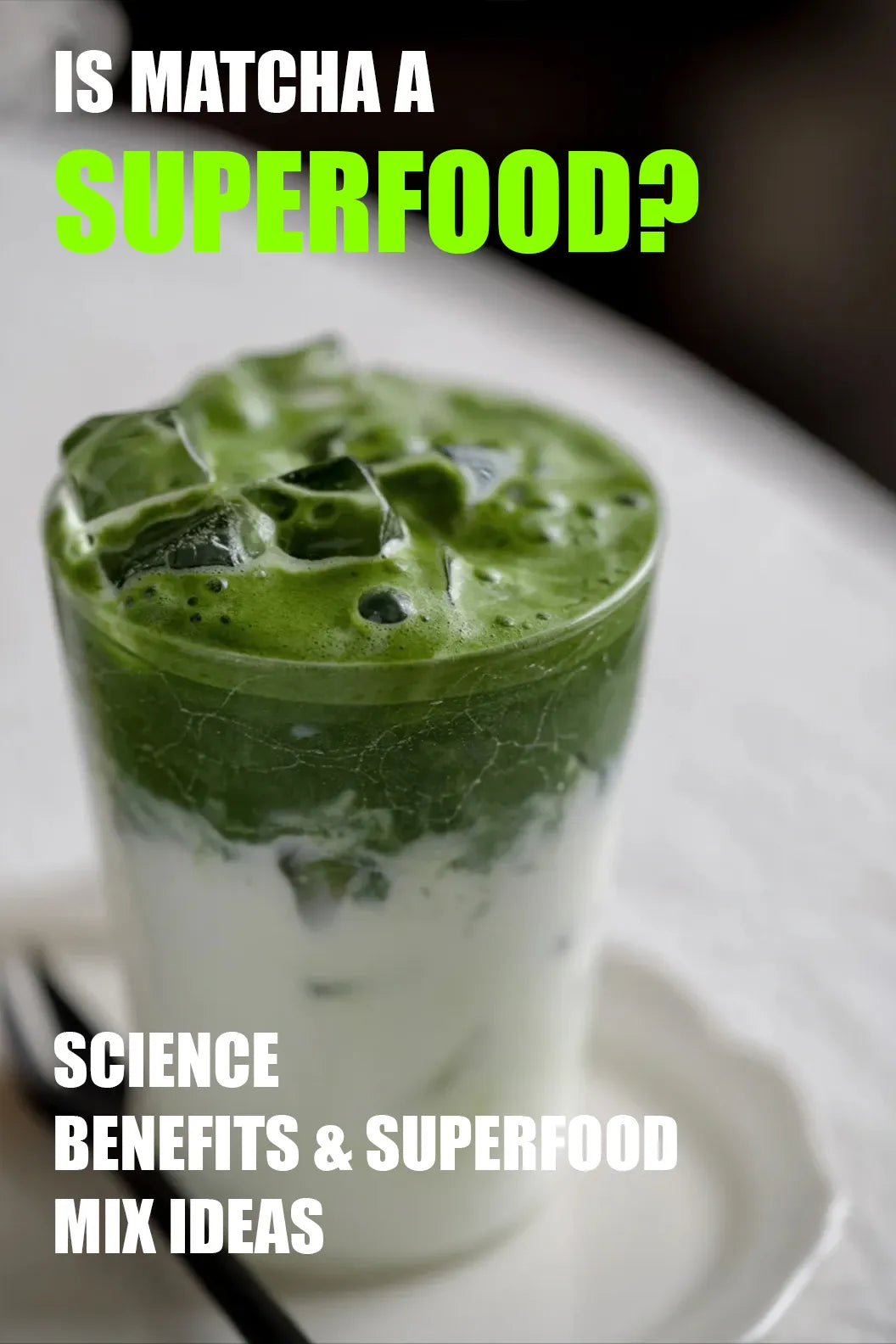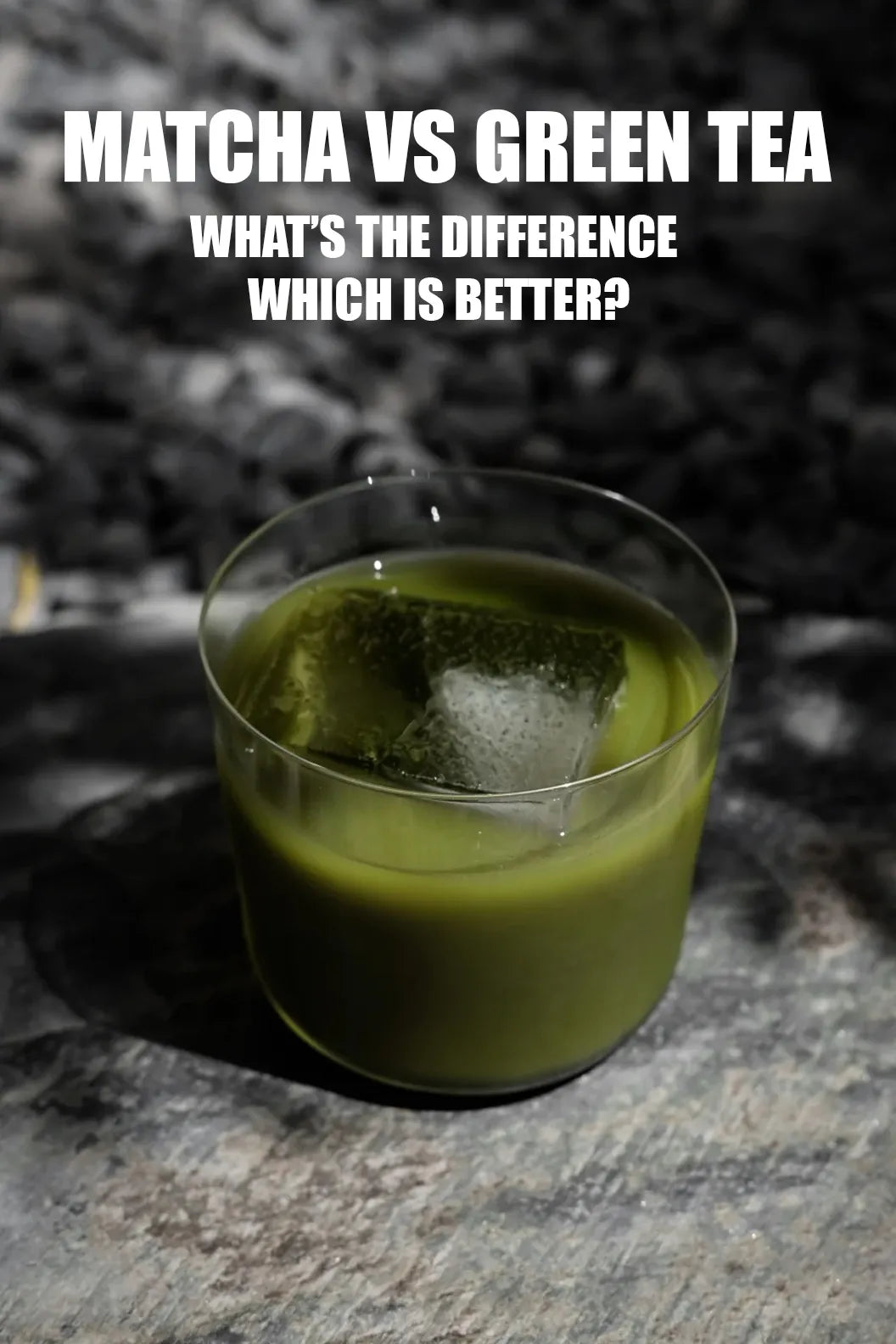Introduction: Why Matcha’s Digestive Effects Matter
If you’ve noticed changes in your bathroom routine after sipping matcha, you’re not alone. The question “Does matcha make you poop?” ties to a deeper exploration of how this vibrant green powder interacts with your gut. Unlike harsh laxatives, matcha’s effects stem from natural compounds (caffeine, antioxidants, fiber) that work in concert to support digestion—often more gently than coffee. Let’s unpack the science, backed by real research.
1. The Science: How Matcha Supports Digestion
(1) Caffeine: A Gentle Nudge for Gut Motility
Matcha contains 35–70mg of caffeine per teaspoon—enough to stimulate digestion without the jitters of coffee:
- Neural Mechanism: Caffeine binds to adenosine receptors in the gut, activating the enteric nervous system (your gut’s “second brain”). This triggers peristalsis (wave-like muscle contractions) that move waste through the intestines.
- L-Theanine Synergy: Matcha’s L-theanine (an amino acid) slows caffeine absorption, creating a gradual motility boost (vs. coffee’s abrupt “spike”).
Study Insight: A 2017 study in Nutrients found that combining caffeine with L-theanine (as in matcha) reduced “gut urgency” by 30% compared to caffeine alone, making its digestive effects gentler[^1].
(2) EGCG: Healing the Gut Barrier & Fighting Inflammation
Matcha is rich in EGCG (epigallocatechin gallate), a catechin with potent gut-protective effects:
- Repairs Gut Barrier: EGCG promotes production of tight junction proteins (e.g., occludin), which seal gaps between intestinal cells—reducing “leaky gut” and toxin leakage.
- Calms Inflammation: EGCG suppresses pro-inflammatory cytokines (e.g., TNF-α) and supports beneficial gut bacteria like Bifidobacteria.
Clinical Proof: A 2021 study in Food & Function (a peer-reviewed journal) confirmed that green tea catechins (including EGCG) increase the abundance of “good” gut bacteria and reduce markers of gut inflammation in healthy adults[^2].
(3) Fiber: The “Gut Broom” in Matcha
Matcha powder contains ~56% dietary fiber (per 100g), with two key types that support digestion:
- Insoluble Fiber: Adds bulk to stool, accelerating its passage through the colon (especially helpful for constipation).
- Soluble Fiber: Acts as a prebiotic, feeding beneficial gut bacteria and softening stool.
Research Note: A 2018 analysis in Journal of Food Science and Technology found that matcha’s fiber has higher water-holding capacity than regular green tea, making it more effective at softening stool and supporting regularity[^3].
(4) Hydration: The Unsung Hero
Most matcha is consumed as a liquid (e.g., lattes, tea), providing 150–200ml of water per serving:
- Hydration softens stool, reducing constipation risk.
- It also aids nutrient absorption, minimizing gas from undigested food.
2. Does Matcha Make You Poop? Yes—Here’s Why
For Constipation: A Gentle “Kickstart”
If you struggle with slow digestion (transit time >72 hours):
- Matcha’s caffeine + fiber + hydration can trigger bowel movements by stimulating peristalsis and softening stool.
- With regular use (1–2 weeks), EGCG repairs the gut barrier, and fiber trains the gut to move more efficiently—reducing chronic constipation over time.
For Healthy Guts: Maintenance, Not Mayhem
In people with normal digestion (transit time 12–48 hours):
- Matcha supports regularity (1–2 daily bowel movements) but rarely causes diarrhea, thanks to its balanced mix of compounds.
- Its anti-inflammatory effects may even reduce “occasional” digestive upset from spicy food or stress.
Matcha vs. Coffee: A Side-by-Side
| Factor | Matcha | Coffee |
|---|---|---|
| Caffeine Dose | 35–70mg/teaspoon | 95–150mg/cup |
| Synergy | L-theanine buffers jitters | No balancing compound |
| Hydration | Adds water to the gut | Mild diuretic (may dehydrate) |
| Long-Term Effect | Supports gut barrier (EGCG) | May irritate gut lining over time |
3. How Fast Does Matcha Make You Poop? 3 Key Variables
(1) Fasting vs. Fed State
- Fasting: Caffeine and EGCG hit the gut directly, so effects may start in 30–60 minutes (sensitive individuals may notice it faster).
- Fed: Food slows absorption, delaying effects to 1–2 hours (gentler, ideal for sensitive stomachs).
(2) Matcha Dosage
- Low Dose (1 tsp, 2g): Promotes gentle regularity, with noticeable effects within 6–12 hours for most people.
- High Dose (≥3 tsp): Excess caffeine and tannins may cause cramping or loose stools within 2–4 hours (stick to 1–2 tsp daily to avoid this).
(3) Individual Factors
- Constipation: The gut is “slower” to respond; consistent daily use may take 2–3 days to improve transit time.
- IBS or Sensitivity: Caffeine/tannins may trigger discomfort; start with ½ tsp and monitor.
- Metabolism: Younger, faster-metabolizing bodies may feel effects in 1–3 hours; older adults may notice them over 4–6 hours.
4. Beyond “Poop”: Other Digestive Benefits of Matcha
(1) Easing IBS Symptoms
Matcha’s L-theanine calms gut muscle spasms, while EGCG reduces inflammation. A 2019 study in Journal of Gastroenterology and Hepatology (summarized on PubMed) found that green tea polyphenols (including those in matcha) reduced IBS-related abdominal pain and bloating in 68% of participants[^4].
(2) Reducing Bloating & Indigestion
- Fiber traps gas and toxins, easing bloating.
- EGCG boosts digestive enzyme production (e.g., amylase, which breaks down carbs), helping food digest faster.
(3) Supporting Long-Term Gut Health
Long-term EGCG intake may lower risk of gut issues by:
- Neutralizing free radicals (antioxidant effect).
- Inhibiting harmful bacteria like Clostridium difficile.
A 2020 review in Critical Reviews in Food Science and Nutrition confirmed that green tea catechins (including EGCG) support a balanced gut microbiome, which is key for digestive health[^5].
5. 5 Tips to Avoid Digestive Pitfalls with Matcha
(1) Stick to 1–2 Teaspoons Daily
Excess matcha (≥3 tsp) overloads the gut with caffeine and tannins, causing cramps or loose stools.
(2) Avoid Fasting If Sensitive
Tannins in matcha can irritate an empty stomach. Drink 1 hour after meals to buffer effects.
(3) Pair With Water
Drink 200ml of water alongside matcha to counter caffeine’s mild diuretic effect (dehydration worsens constipation).
(4) Choose High-Quality Matcha
Low-grade matcha may contain fillers or bitter residues. Look for “organic” or “ceremonial/culinary grade” (tested for purity).
(5) Listen to Your Body
If matcha causes persistent diarrhea or pain, stop and consult a doctor—you may be sensitive to caffeine or tannins.
Conclusion: Matcha as a “Smart” Digestive Ally
Matcha isn’t a quick-fix laxative—it’s a long-term gut supporter. Its blend of caffeine (gentle motility), EGCG (barrier repair), fiber (bulk + prebiotics), and hydration works synergistically to improve digestion without the chaos of harsh stimulants.
For a deeper dive into matcha’s wellness perks (beyond digestion), explore our guide: LeafMill Matcha Tea Benefits.
References
[^1]: Nutrients, “L-Theanine: A Unique Amino Acid of Green Tea and Its Relaxation Effects” (explains L-theanine’s role in balancing caffeine).
[^2]: Food & Function, “Green tea catechins and gut microbiota: a review” (peer-reviewed analysis of EGCG and gut health).
[^3]: Journal of Food Science and Technology, “Nutritional composition and functional properties of matcha green tea” (details matcha’s fiber content and benefits).
[^4]: PubMed, “Green tea polyphenols for irritable bowel syndrome: a systematic review” (summarizes IBS research).
[^5]: Critical Reviews in Food Science and Nutrition, “Green tea catechins: Their main properties and effects on gut microbiota” (reviews long-term gut benefits).
[^2]: Food & Function, “Green tea catechins and gut microbiota: a review” (peer-reviewed analysis of EGCG and gut health).
[^3]: Journal of Food Science and Technology, “Nutritional composition and functional properties of matcha green tea” (details matcha’s fiber content and benefits).
[^4]: PubMed, “Green tea polyphenols for irritable bowel syndrome: a systematic review” (summarizes IBS research).
[^5]: Critical Reviews in Food Science and Nutrition, “Green tea catechins: Their main properties and effects on gut microbiota” (reviews long-term gut benefits).



